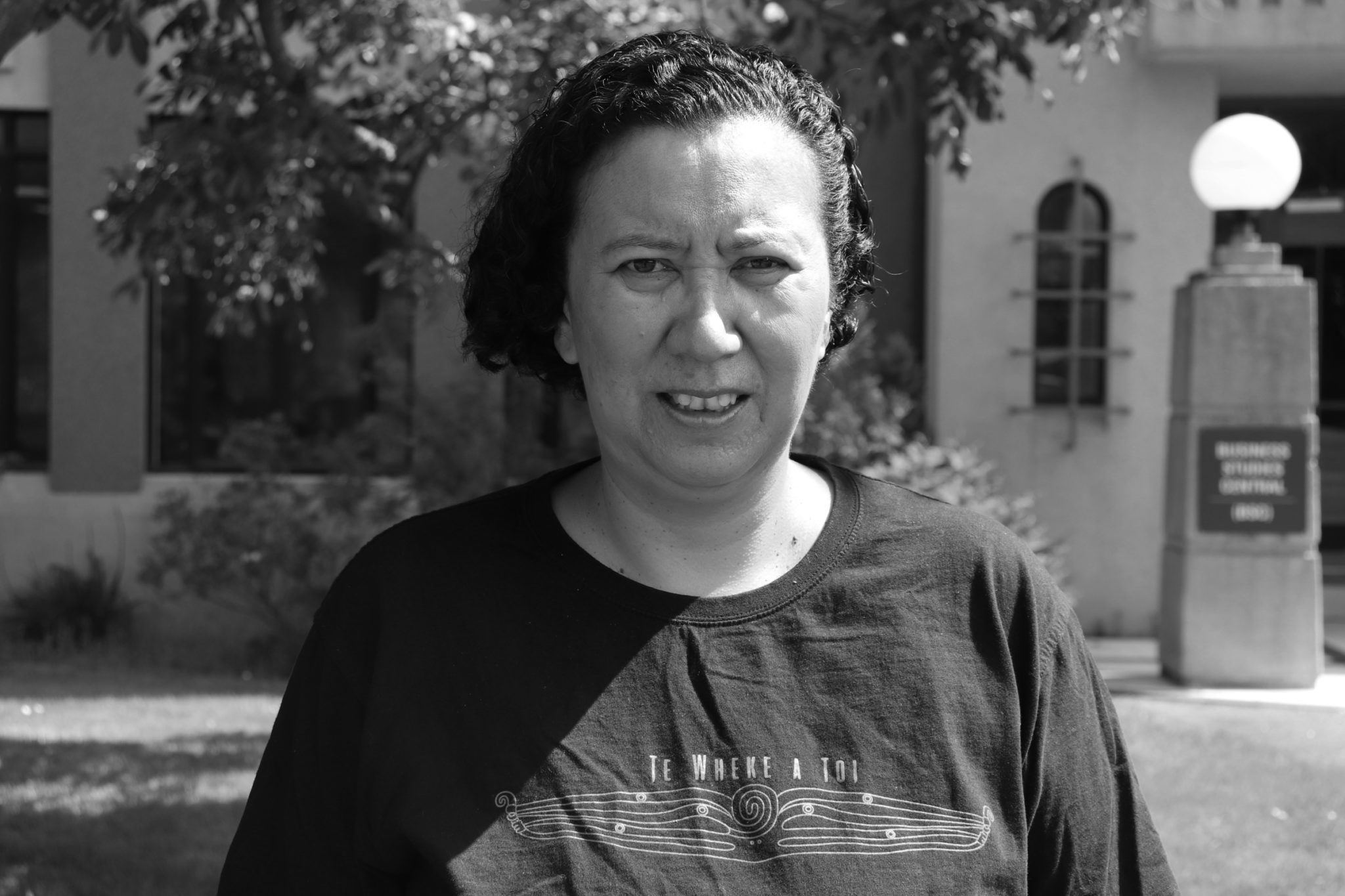by Ngā Hau Christine Elers

How do Māori living on the ‘margins of the margins’ in society voice their articulations into the creation of Māori models of health and wellbeing?
A culture-centered approach (‘CCA’) turns to the voices missing from dominant
communicative spaces and builds infrastructures for listening and co-creates platforms
for voice (Dutta, 2008).
Underpinning the co-creation of platforms for voices to emerge into mainstream spaces, is the recognition that voice erasure is built into the very notion of health communication (Dutta, 2018).
Configured as ‘top-down’ communication approaches, Māori have been the ongoing target of health communication campaigns to arrest high morbidity and mortality rates that constitute a humanitarian crisis (Whānau Ora Commissioning Agency, 2019). Health communication messages are often deployed that deny the knowledge production and agentic capacity of Whānau by serving culturally-laden health messages to conform the behaviour of individuals and Whānau, without critiquing the myriad of structural inequalities embedded into New Zealand’s public health system.
The CCA is an approach to social change communication by de-centering expert modelling
enshrined within the ideology of neoliberalism (Dutta, 2020). The CCA calls into question
dominant health approaches that erase the voices for whom health campaigns and services are designed for and can offer co-created strategies towards social change communication ensconsed in Whānau and community voice.
